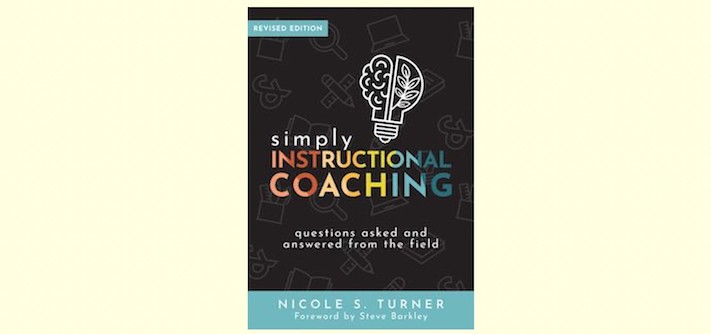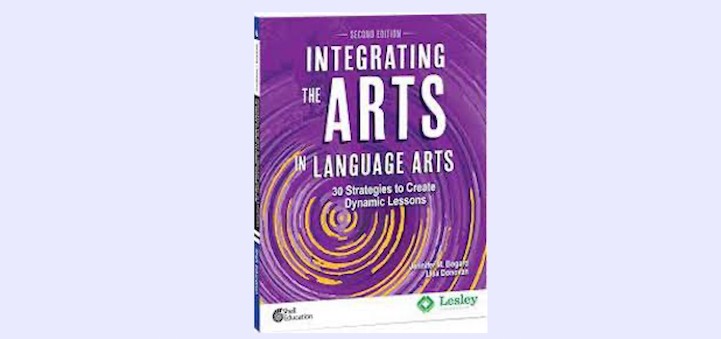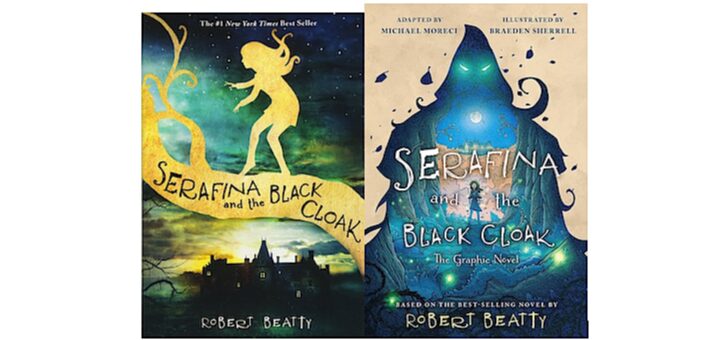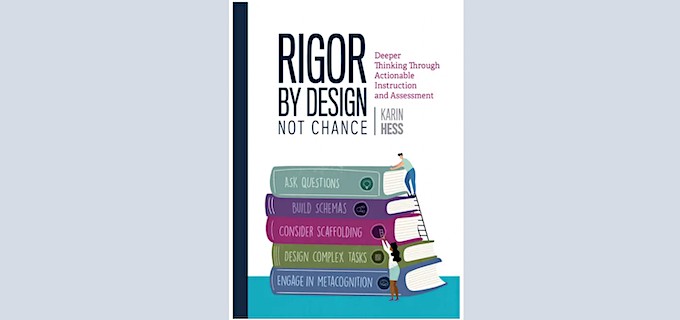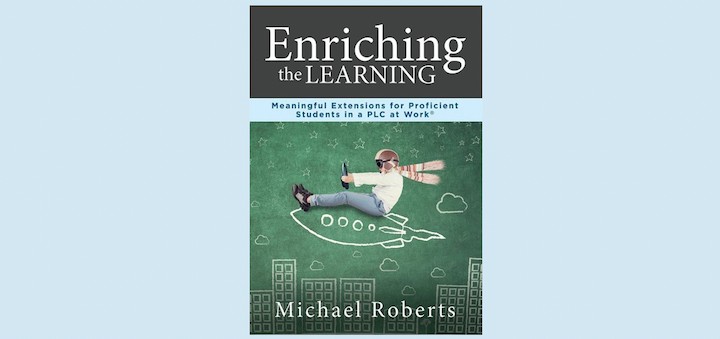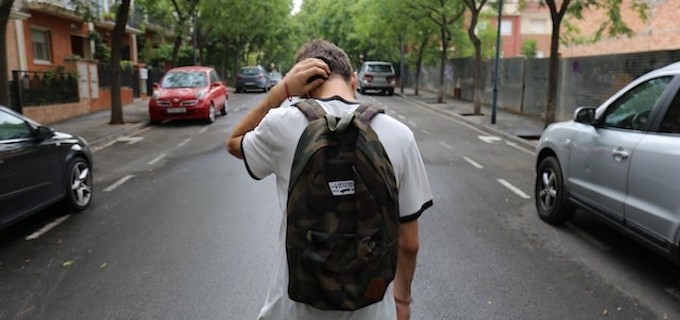Teaching and learning in grades 4-8
Ever since Gilgamesh ran into challenges, humans have recorded stories that thrill us and help us gain social emotional skills. Stephanie Farley shares ELA activities that help students understand characters and learn the elements of SEL through projects they do together.
The intended audience for Simply Instructional Coaching may be teacher coaches, but Nicole Turner also offers thought provoking questions for administrators as they assemble a coaching program. An ideal read for those looking for a pragmatic, not overly technical, analysis.
Integrating the Arts in Language Arts is a treasure trove of instructional ideas with thorough explanations for each activity, key vocabulary, recommended resources, and additional support exclusive to each art form. Research based, too, writes consultant Anne Anderson.
Writing from her background in working with students who were born outside of the U.S and are new to the country, the language, the culture, and the school system, Dr. Stephanie Dewing shares five tips to engage these newcomers. Included: assets-based language development.
What might students learn about the “invisible process” of reading prose fiction by a comparative study of a novel and its graphic novel counterpart? Jason DeHart promises high interest and aha moments as readers see the story not only with their minds but with their eyes.
Rigor by Design, Not Chance by Karin Hess is well researched, clear in providing the essentials to increase rigor and engagement, and timely in helping educators plan for the deeper learning needed now more than ever to build lifelong learners, writes NBCT Kathleen Palmieri.
Michael Roberts demonstrates his understanding that proficient students can be taken to higher levels that keep them motivated and inquisitive. The learning extensions and planning strategies he provides will help educators do just that, writes teacher Jacqueline Barreras.
Our students are struggling with anxiety, depression and other mental health issues in response to financial instability, hate speech, anti-trans laws, mass shootings, pandemic impacts and other issues that can’t be minimized as the effects of social media, writes Dina Strasser.
Summer is not only a chance to relax and recharge but a great time to collaborate with colleagues, writes consultant Elisa B. MacDonald. Whether you are leading a retreat or planning with grade-level teammates, keep these four intentions at the center of your facilitation.
Math and ELA rule in the early middle grades. Kathie Palmieri asked her 5th graders to reflect on the science and social studies wedged into her class this year. She’s amazed at all they retained and their ideas to blend in more. Now she’s plotting to put their ideas to work.


